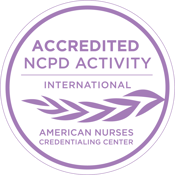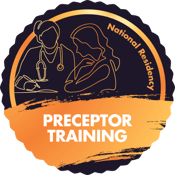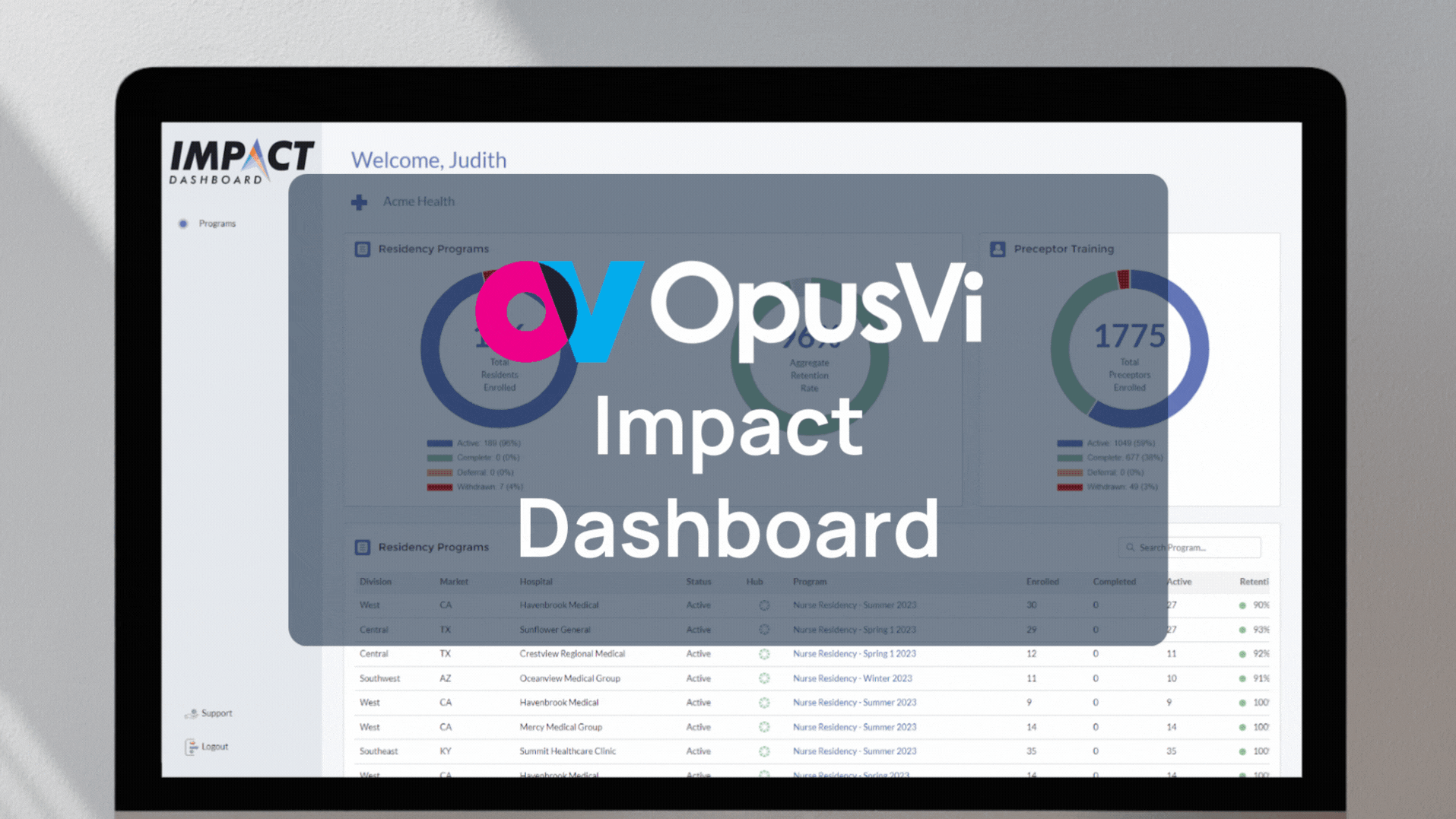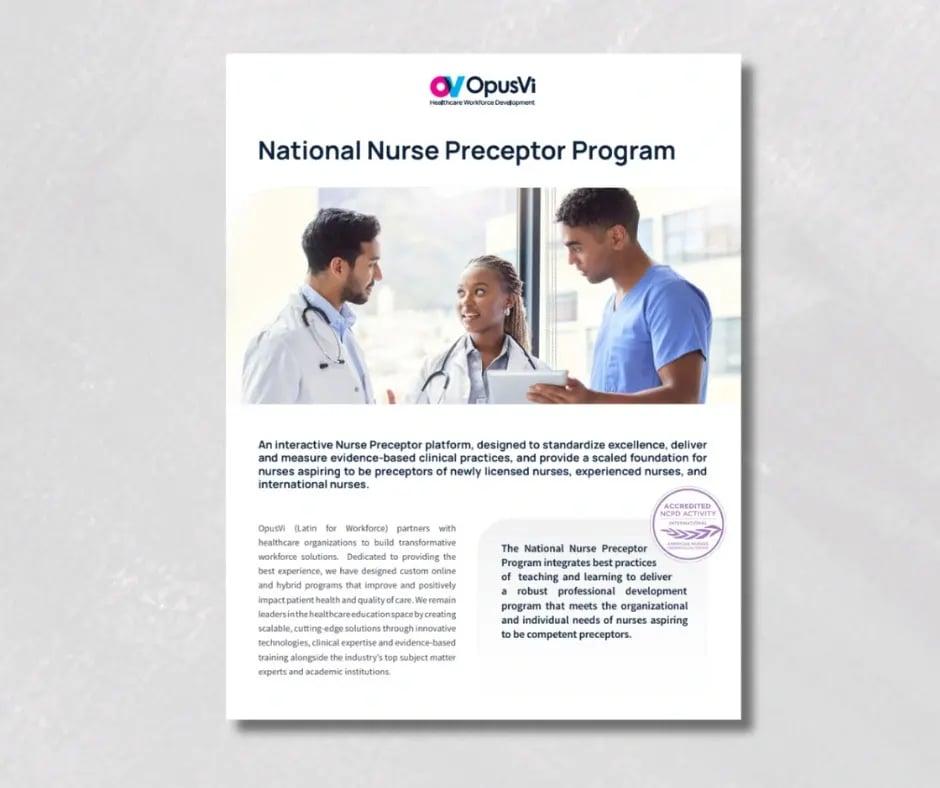
National Nurse Preceptor Training Program
National Nurse Preceptor Training Program
Online Custom Solution
We work with organizations to retain and upskill their preceptor workforce in mentorship and clinical teaching, equipping them with the skills and support to successfully precept new nurses.
The National Nurse Preceptor Program for Newly Licensed Registered Nurses integrates best practices of teaching and learning to deliver a robust professional development program for the preceptor to meet the organizational and individual needs for transitioning nurses into the role and setting.
Format:
Hybrid
Min Cohort:
10
%20(1).webp?height=2000&name=CommonSpiritTransparentStatsTicker-(4000-x-4500-px)%20(1).webp)
Increase retention to as high as
Amount Saved Annually
See how we’ve already done this already with CommonSpirit Health
Hybrid Delivery
Through synchronous and asynchronous delivery, OpusVi uses best-practice teaching and learning strategies to support preceptors toward competency within the preceptor role.
Timely & Relevant Curriculum
The learning pathways have case studies, tools, tips and strategies for precepting, best practices for teaching and learning and extensive reference materials.
Flexible Program Structure
The program consists of 10 hours of core curriculum (8 hours self-paced, 2 hours virtual interactive live sessions) as well as a monthly town hall session to foster community and socialization among learners.

American Nurses Credentialing Center’s Commission on Accreditation
This nursing continuing professional development activity is accredited by the American Nurses Credentialing Center’s Commission on Accreditation. Continuing Nursing Education (CNEs) contact hours, ongoing support and National Certification are included in the program.

Digital Badging
The OpusVi Preceptor Platform leverages a Digital Badging infrastructure to ensure learners carry on their accolades throughout their careers.
System Outcomes
Practice self-care and develop motivation and time management strategies.
Evaluate professional identity and core competencies using best teaching practices.
Communicate effectively to coach and meet individual learning needs of new nurses.
Foster positive learning environments and inspire new nurses.
Integrate adult learning principles to transition newly licensed nurses into professional practice.

Real-Time, Rich Data Insights Across Your Organization
The scalable platform allows access, across the healthcare system, to real-time data giving leaders greater capacity for informed decision-making related to new graduate progression, problems, barriers and achievements.
The data collected throughout the program provides unique visibility into a new nurse's journey, allowing each system to identify and analyze areas of opportunity.
Learner FAQs
Shared Common Competencies
- Leadership
- Communication
- Quality and Patient Experience
- Mental Health, Substance Abuse
- Resilience
- Cultural Engagement
Specialty Areas Supported
Unit-Specific Pathways
- MedSurg-Tele
- Neonatal Intensive Care Unit (NICU)
- Acute Rehabilitation Unit (ARU)
- Intensive Care Unit (ICU)
- Emergency Room (ER)
- Labor & Delivery (L&D)
- Mother Baby Care (MBC)
- Operating Room (OR)
- Cath Lab
- Hospice
- Behavioral Health
- Critical Access Hospitals
Specific MedSurg Competencies
- Surgical Care
- Integumentary
- Respiratory
- Hematology
- Cardiovascular
- Gastrointestinal
- Renal
- Endocrine
- Neurological
FAQs
We are your partners from start to finish. View this FAQ for more information on who brings what to the table.
How Do I Achieve 80+% Retention?
After implementing OpusVi’s Nurse Residency and Preceptor Training program, rural and critical access hospitals supported by AzHHA demonstrated improved retention rates of 80%.
How Do I Retain a New Nurse For 3-5 Years?
OpusVi's ecosystem of pre-employment, transition to practice, ongoing skills training and executive skills development provides development opportunities for nurses at every stage of their careers.
Our nursing solutions include, but are not limited to:
- Nurse Residency
- Preceptor Training
- RN to BSN
- Master of Science in Nursing
- Nurse Leadership Certificate
How Do I Prevent Nurse Burnout?
Healthcare organizations can address burnout by implementing more mental health resources, creating more flexible schedules, increasing pay, reimbursing tuition for education and creating a more positive culture.
Leaders should also place a greater emphasis on their strategies for the labor pipeline. Educational partnerships, scholarships and tuition reimbursement are all ways that to encourage entry into this demanding and rewarding healthcare workforce.
Minimum Cohort Size for the Program
Our programs are designed for engaging, career-focused learning in groups of 10 or more. Each participating organization must enroll a minimum of 10 learners to launch a cohort. This format encourages collaboration, shared learning and organizational impact—ensuring your team moves forward together.
What Insights Are Available?
- New Nurse Net Promoter Score (NPS)
- Preceptor Performance
- Manager Performance
- Work Environment
- Competency Assessment and Validation
- Competency Development
- Predictive Retention Rates
- Predictive Satisfaction Rates
- Predictive Wellbeing
What Does My System Provide?
- System sponsorship
- Project owner site administrators
- Preceptors' workforce data analysis
- Preceptors to support training and onboarding
- Mentors to support newly-licensed nurse transition
What Does OpusVi Provide?
- Program reporting and data analysis toolset
- Complete technology infrastructure for scale
- Program implementation and ongoing support
- Integrated survey instruments
- Advanced competency-based preceptor program
- Preceptor and educator resources
- Alignment with PTAP standards and criteria
- Co-branding for your health system
- Technical support
Can I Enroll as an Individual?
Our programs are designed for group-based learning with a minimum of 10 participants. While we don’t offer individual enrollment at this time, you’re welcome to organize your own group of 10 or more peers to start a cohort. You can also speak with your employer about enrolling your team through your organization.
Margaret Werner MSN, RN
Transition to Practice Coordinator at Onvida Health
OpusVi’s Preceptor Program transformed how we evaluate and support our team. The detailed insights allowed us to identify and address performance risks before they could impact patient safety. With this level of clarity, we’re now confident that our preceptors are equipped to provide exceptional care and guidance, safeguarding both our patients and our nursing teams.
Andrew Malley
Chief Executive Officer, OpusVi
We’re proud to offer a meaningful and substantial nationwide Nurse Residency, Preceptor and Mentor program. We can support nurses in the field and continually educate them for better outcomes in the communities that they serve. Equally, we will support health systems in the retention of nurses and create a stronger and better-prepared workforce at scale.
Julie DeLoia, PhD
Chief Academic Officer of OpusVi™
In this program, learners will not just learn about the theory of social determinants of health, but also gain knowledge and skills that are immediately transferable to implement change in the workplace and communities. Learners will also gain skills to overcome obstacles to implementing change and how to evaluate program success.


.webp)
Curriculum Highlights
Module 1: Preceptor Role and Adult Learning
Mastering Precepting (Ulrich) - Chapters 1 & 2
Module Objectives:
- Summarize precepting in the context of nursing and the healthcare system.
- Value the role and competencies of the preceptor.
- Investigate learning theories and assumptions of adult learning.
Module Topics:
1. Precepting in the context of nursing and the healthcare system
- Overview of Nurse Residency Program
- Preceptor Responsibilities and Standards
2. Preceptor Role and Competency
- Role of the Preceptor
- Competency Development & Competency-based Education (CBE)
3. Concepts of Adult Learning
- Adult Learning Theories
- Creating an Effective Learning Environment
- Personality Types and Learning Styles
4. Nursing Models and Theories
- Benner’s Novice to Expert
- Critical Thinking and Deliberate Practice
- Reality Shock
Module 2: Development of the Preceptee
Mastering Precepting (Ulrich) - Chapters 3, 4, 5 & 6
Module Objectives:
- Validate competence development.
- Motivate critical thinking, clinical reasoning, and clinical judgment.
- Develop precepting strategies for teaching and learning.
- Create a positive learning environment.
- Interpret the four domains of professional identity in nursing: values and ethics, knowledge, nurse as leader, and professional comportment.
Module Topics:
1. Critical Thinking: Nursing Process to Clinical Judgement
- Thinking Like a Nurse
- Socratic Questioning
- One Minute Preceptor Model
2. Professional Identity & Positive Work Environments
- Professional Identity in Nursing
- Incivility in Nursing
- Married State Preceptor Model
3. Competency Models, Outcomes, Assessment and Validation
- Competence and Competency
- Nurse Residency Competency Model
- Donna Wright Competency Model
- Competency-based Outcomes
- Competency Assessment
- Competency Validation
- Formative and Summative Assessment
Module 3: Effective Communication and Coaching Relationships
Mastering Precepting (Ulrich) - Chapters 7, 8, 10 (pg. 242-252)
Module Objectives:
- Facilitate effective communication with the preceptee and interdisciplinary team.
- Navigate difficult conversations for optimal outcomes.
- Practice effective coaching strategies during resistance and disruptive behaviors
- Predict and respond to the diversity and unique needs of specific learner populations.
Module Topics:
1. Effective and Inclusive Communication
- Effective Communication
- The Power of Storytelling: From Head to Heart
- Culture and Diversity
- How Miscommunication Happens
2. Constructive Communication & Conflict Resolution
- Providing Feedback
- Conflict Management
2. Empowerment & Coaching
- Empowerment
- Coaching
Module 4: Motivation and Behavior
Mastering Precepting (Ulrich) -Chapters 12, 13, & 14
Module Objectives:
- Implement evidence-based practices to influence preceptee behaviors.
- Utilize the Five-Step Format to provide the preceptee with action-oriented feedback regarding how their behavior impacts care delivery, patient interactions, and teammates.
- Develop strategies and techniques to assist in the preceptee’s organization, time management, and delegation skill development.
- Manage negative and unproductive preceptee behaviors.
- Value the importance of self-care as a professional nurse.
- Foster healthy work environments.
Module Topics:
- Preceptee Motivation and Behavior
- Time Management, Prioritization, and Delegation
- Self-Care
SMEs and Facilitators
Our programs are created for healthcare, by healthcare.
From focus groups throughout course creation to the selection of our program facilitators, we leverage the best and brightest minds in the industry to provide the most impactful learning experience.

Download our brochure.
The average manager spends 15 days chasing paperwork each year.
The traditional method for tracking & managing competencies doesn’t just lead to the big paper chase, it can result in unnecessary errors. Errors that will be caught on survey day. Errors that may be the difference between life and death.
It’s time to get One Step Ahead with our digital competency management program.


An organization of 50 employees can save 1,500 sq ft of storage space.*
*According to US Averages

